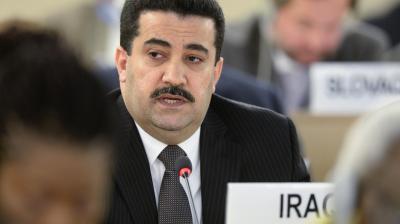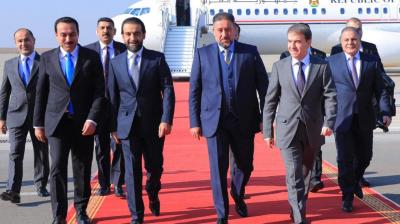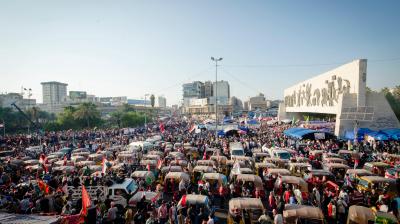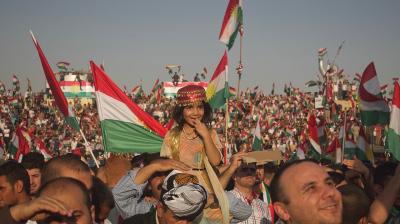The crisis of representation in the Kurdistan Region of Iraq
Any discussion about democratization starts with a discussion about representation because the latter is a necessary – but insufficient condition – for the former. How and by whom are policy preferences of citizens identified, aggregated and articulated in public debate and public decision-making? Does this happen in part or in full, for all citizens or just some? Assessing the ‘state of representation’ provides a lens for examining the democratic potential of a particular structure of power. At least four dimensions matter: the level of citizens’ political awareness, the diversity of the ecology of social organisations that help identify citizen policy preferences, the depth of existing communal identity and mutual trust, as well as the nature of intermediaries that identify and nurture political talent. This paper applies the concept of representation to the Kurdistan Region of Iraq (KRI) and takes stock of its potential for improvement.
It finds that all four dimensions of representation are in a poor state in the KRI at present. This manifests itself in, for example, low turnout rates, high levels of disenchantment with the ruling elite and growing polarization within and between political parties. The KRI remains a long way from being governed in a representative fashion, let alone in a democratic one. The region’s transition from totalitarian control, guerrilla-style rebellion and internal strife to a more stable, modern and representative polity was stymied by the emergence of family parties as key power brokers. Their capture of the Kurdistan Regional Government was largely enabled by the appropriation of unearned rents, especially from hydrocarbon sales, and maintained by armed groups linked to political parties. A process of de-representation has ensued. But the Barzani and Talabani family conglomerates that run the KRI face declining levels of public confidence and growing economic problems today.
If Western countries wish to improve the state of representation in the KRI in this context, they will have to consider conditioning their engagement on improvements in the quality of governance, leveraging the importance of their presence to the high wire act that the Kurdish Democratic Party (KDP) and the Patriotic Union of Kurdistan (PUK) perform to balance Iran, Turkey and Baghdad. Practically, this can be done by a coordinated diplomatic strategy that: a) engages the KDP and PUK leadership in a strategic conversation that clarifies how the extent of future Western presence, diplomatic attention and trade/investment are linked with the quality of representation; b) provides long-term support for locally-led civil society development; and c) pushes for limited but real Peshmerga reform in exchange for greater support.







